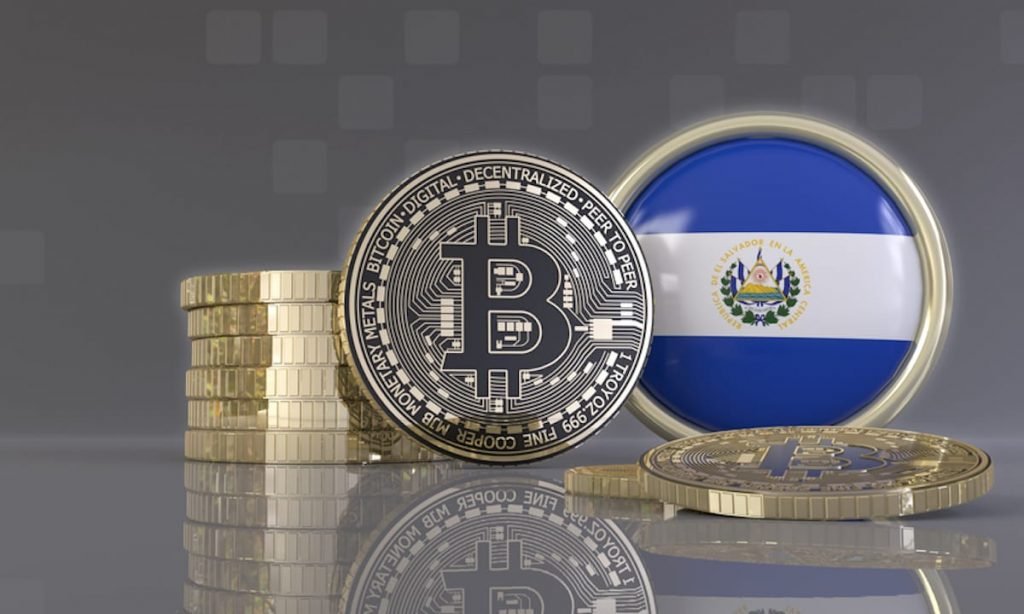
The Legislative Assembly of El Salvador approved this Tuesday (8) the Bitcoin Law, which will allow the legalization of this cryptocurrency as a bargaining chip.
El Salvador became the first country in the world to recognize this currency.
The initiative, which only establishes the legality of bitcoin and not other cryptocurrencies, was approved with the votes of 62 deputies out of 84 in Parliament and will enter into force 90 days after its publication in the Diário da República.
“The objective of this law is the regularization of bitcoin as legal currency, without restrictions, with liberating power, unlimited in any transaction”, declares the first article of the law, which must be submitted for ratification to the head of state.
The law provides that the exchange rate between bitcoin and the dollar will be set “freely by the market” and will not be subject to capital gains taxes like any legal tender.
The legislation also establishes that all economic agents may receive bitcoin as a form of payment “when offered by the person purchasing a good or service” and that the executive branch will create the institutional structure necessary for the circulation of the currency, in accordance with the provisions of the law.
- Spotlight: Combining Party Rentals in LA with Cute Rave Outfit Ideas for Gamified Music Events
- The Hidden Cost of Artificial Streaming: Understanding Fines and Their Impact on Artists’ Earnings
- Enhancing Your Music Reach: Track Radio Plays with Apple Music for Artists and Other Revolutionary Tech Support for Indie Artists
- Indie Artists Shine On A New Support System in Challenging Times
- Breaking Sound Barriers: Independent Artists Conquering the Film and Cinema Industry
Opposition MP Rodrigo Ávila stressed during his speech in the plenary that bitcoin is “a volatile monetary mechanism and its use creates a serious situation if the appropriate measures are not taken”.
He also noted that “several” countries have banned the use of cryptocurrencies, adding that bitcoin “is allowed in several countries but has not been made official as a currency, which is being done here without further analysis.
He said a majority of 62 of 84 lawmakers approved the bill, which he proposed last week.
The law was passed with the support of President Nayib Bukele’s allies, even though minority opposition parties – which had criticized the speed of voting – refused to support it.
Before the vote, Bukele said the adoption of cryptocurrency would bring ‘financial inclusion, investment, tourism, innovation and economic development’ to the country.
The President’s New Ideas party holds an absolute majority, giving any legislative proposal by the president a high probability of approval.
The week before the congressional vote, the president said that 70% of El Salvador’s population does not have a bank account and works in the informal economy. Bitcoin can improve financial inclusion, he said.
The president maintained approval ratings above 90 percent and made Twitter his preferred form of communication, characterizing it as an idea that could help El Salvador move forward.
The Salvadoran leader hailed bitcoin as “the fastest growing form” of billions of dollars in remittances and to prevent millions from being lost to middlemen.
El Salvador’s economy relies heavily on money sent back by workers abroad, with remittances from Salvadorans working abroad representing a large slice of the economy – equivalent to about 22% of the Gross Domestic Product.
In 2020, remittances to the country totaled $5.9 billion, according to official reports, and about a quarter of El Salvador’s citizens live in the United States.
“This is a law that will put El Salvador on the world’s radar, we will be more attractive to foreign investment,” said Romeo Auerbach, deputy for the Grand Alliance for National Unity party, allied with Bukele.
But experts say the country’s switch to bitcoin could complicate negotiations with the IMF, where El Salvador is seeking a program worth more than $1 billion.
Stephen McKeon, a University of Oregon finance professor who studies cryptocurrencies, said earlier this week that Bitcoin is legal to own in most countries but has never before been designated as legal tender, meaning it could be used to settle money obligations, including taxes.
But, he added, “it’s not clear if anyone wants to pay their Bitcoin taxes.”
The cryptocurrency market grew to more than $2.5 trillion in mid-May 2020, according to the Coinmarketcap page, driven by interest from increasingly serious investors from Wall Street to Silicon Valley
Bitcoin has plummeted in recent days.
This happened after FBI investigators in the US, managed to access a hacker’s digital wallet, and recover part of a ransom paid for the cyber attack that closed the Colonial Pipeline last month.
Bitcoin has struggled in recent weeks amid fears of renewed regulatory scrutiny in China and critical tweets from tech kingpin Elon Musk.
Musk has been a major promoter of cryptocurrencies, but has become critical of bitcoin since suspending Tesla’s plans to receive it as payment for cars, due to concerns about the energy use needed to mine digital coins.
Many crypto experts have struggled to understand the motives behind their tweets.
“He’s been scouring the community,” said Bobby Ong, co-founder of cryptographic data aggregator and analytics site CoinGecko last week.
A number of encryption-related accounts on the Chinese platform Weibo, similar to Twitter, were blocked over the weekend as Beijing stepped up its crackdown on bitcoin trading and mining.





